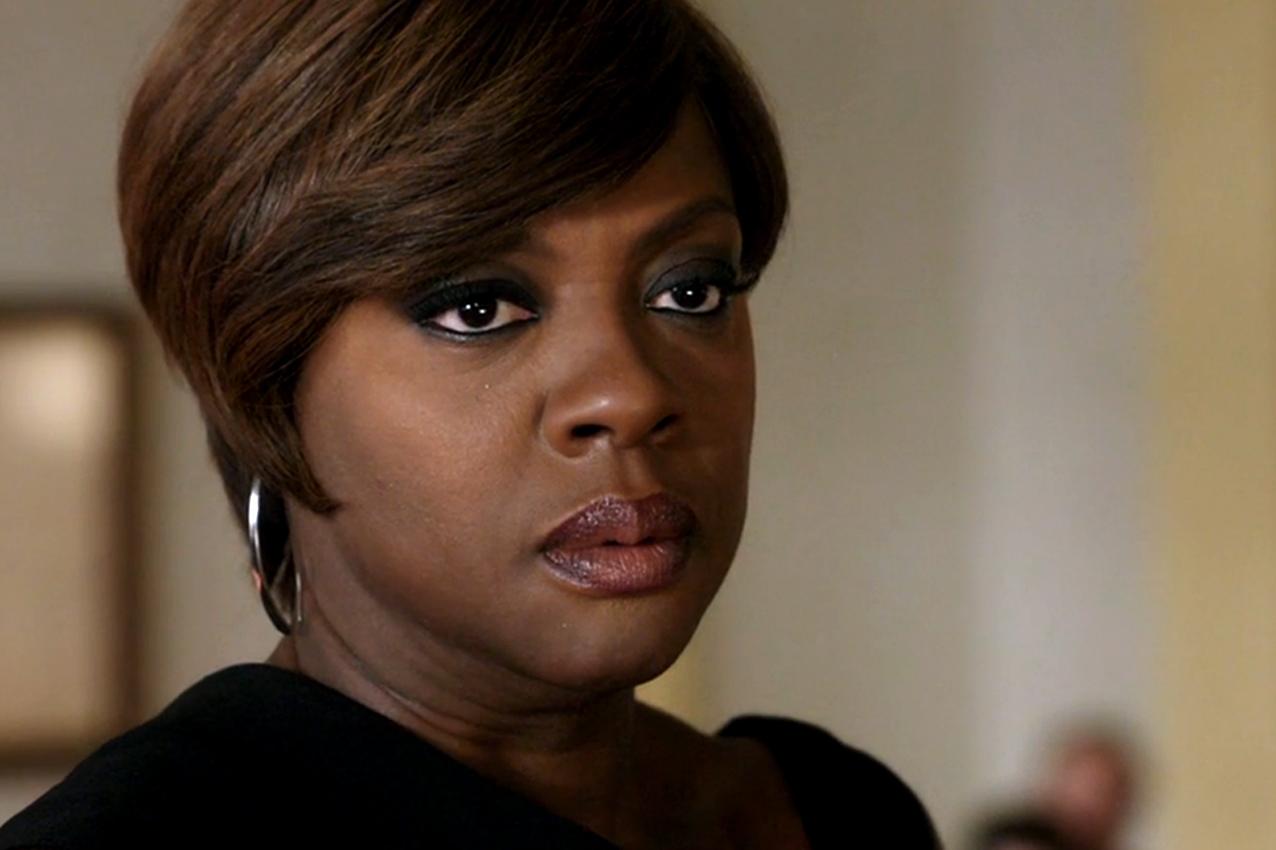How Viola Davis Got Into Acting: A Journey of Resilience and Passion

(Viola Davis)
How Viola Davis Got Into Acting
5 Basic Facts About Viola Davis
25 Inspirational Quotes by Viola Davis
Viola Davis is one of the most respected and celebrated actors of her generation, having earned accolades including an Academy Award, a Tony, and an Emmy. Known for her riveting performances in films like Fences and The Woman King and TV series like How to Get Away with Murder, Davis is a master of her craft. But her journey to stardom was marked by challenges, perseverance, and an unwavering belief in the transformative power of storytelling.
Humble Beginnings
Viola Davis was born on August 11, 1965, in St. Matthews, South Carolina, and grew up in Central Falls, Rhode Island. One of six children in a family facing economic hardship, Davis’ early years were defined by poverty and adversity.
“We didn’t have much growing up,” Davis said in her memoir Finding Me. “But I had a big imagination and a desire to dream beyond my circumstances.”
Despite the difficulties, Davis found solace in art and storytelling. She often entertained herself and her siblings by acting out scenes and creating characters.
The Spark of Inspiration
Davis’ passion for acting was ignited in high school when she joined a drama program. Encouraged by a teacher who recognized her talent, Davis began performing in school productions. “Acting gave me a voice,” she recalled. “It was a way to express myself and escape the struggles of my reality.”
Her life changed when she saw Cicely Tyson on television. “Seeing a Black woman on screen who looked like me and told stories that resonated with me was revolutionary,” Davis said. “It made me believe that I could do it too.”
Pursuing the Dream
Determined to pursue acting, Davis earned a scholarship to Rhode Island College, where she studied theater. She then honed her craft further at the prestigious Juilliard School in New York City. The experience at Juilliard, while invaluable, was also challenging.
“I felt out of place at Juilliard,” Davis admitted. “I was a girl from Central Falls surrounded by privilege, and it was hard to see where I fit in. But I learned discipline and technique, which helped me become the actor I am today.”
Breaking into the Industry
After graduating, Davis began working in theater, earning critical acclaim for her performances in productions like Seven Guitars and King Hedley II, the latter of which won her a Tony Award. However, her transition to film and television was slower.
“I started out with small roles, often as a nurse or a social worker,” Davis said. “I was grateful for the work, but I knew I had more to offer.”
Her breakthrough came in 2008 with Doubt, where her performance as Mrs. Miller earned her an Academy Award nomination. Despite appearing in only one pivotal scene, Davis left an indelible impression. “I wanted to bring my whole truth to that role,” she explained. “It was a chance to tell a story that mattered.”
A Career of Impact
Davis continued to break barriers with her work, earning widespread acclaim for roles in The Help, Fences, and Ma Rainey’s Black Bottom. She became the first Black actor to achieve the “Triple Crown of Acting” (an Oscar, Emmy, and Tony).
Reflecting on her success, Davis said, “My journey wasn’t easy, but every struggle taught me something. I’ve always believed that my job as an actor is to bring humanity to every role I play, no matter how big or small.”
Advice for Aspiring Actors
For those dreaming of following in her footsteps, Davis offers wisdom born of experience: “Never let anyone define your worth. The industry may try to put you in a box, but you have to know who you are and what you’re capable of.”
She also emphasizes the importance of persistence. “There were so many times when I thought about giving up, but I kept going because I believed in my talent and my purpose,” she said.
A Legacy of Inspiration
Viola Davis’ journey from a small town in South Carolina to the heights of Hollywood is a testament to resilience, talent, and determination. Her story inspires countless aspiring actors, especially those from marginalized communities, to dream big and persevere.
“Acting isn’t just about entertaining,” Davis once said. “It’s about telling the truth, shining a light on humanity, and making people feel seen. That’s why I do what I do.”
Her legacy serves as a powerful reminder that, with hard work and belief, it’s possible to rise above any challenge and create something extraordinary.




